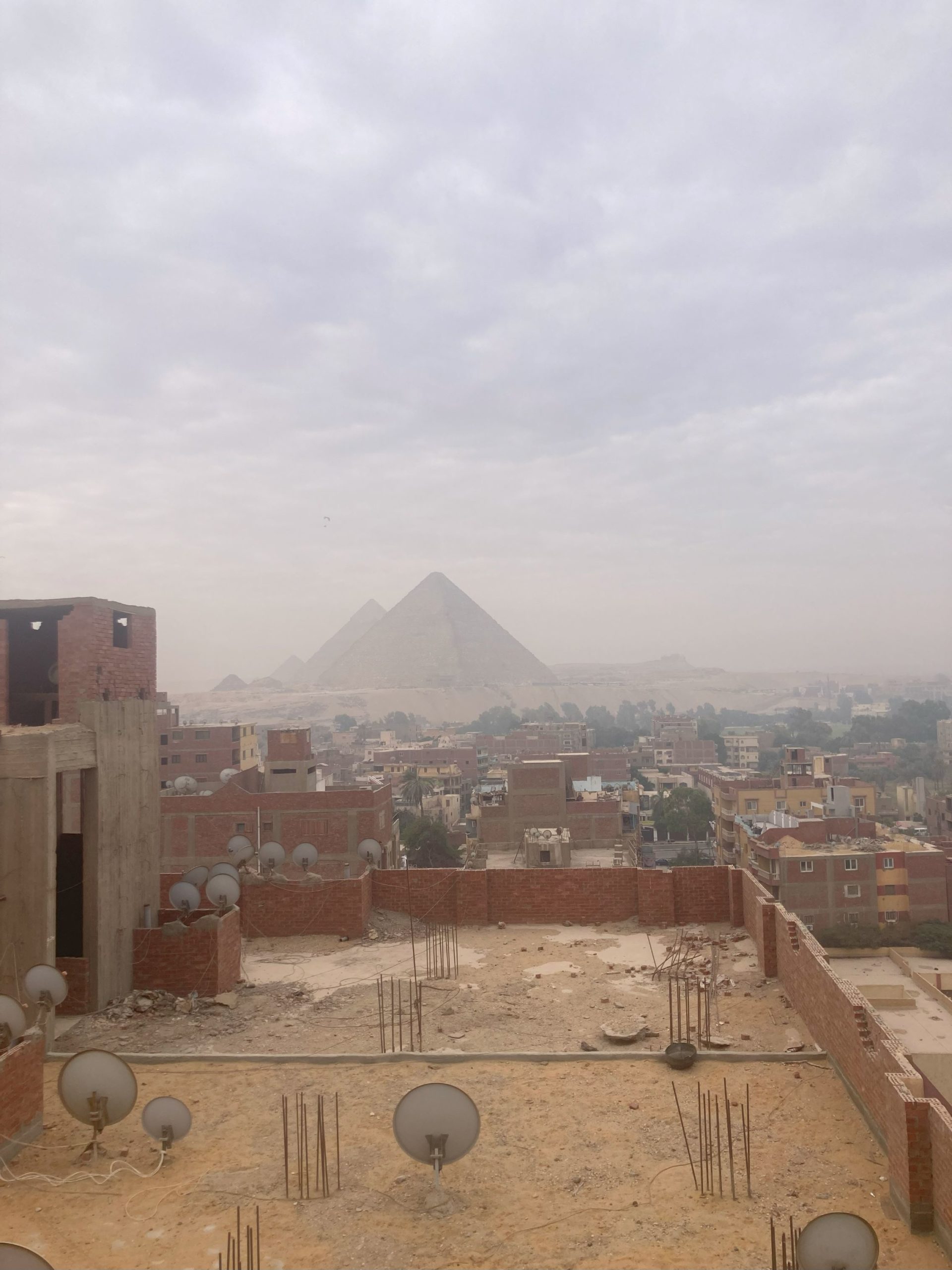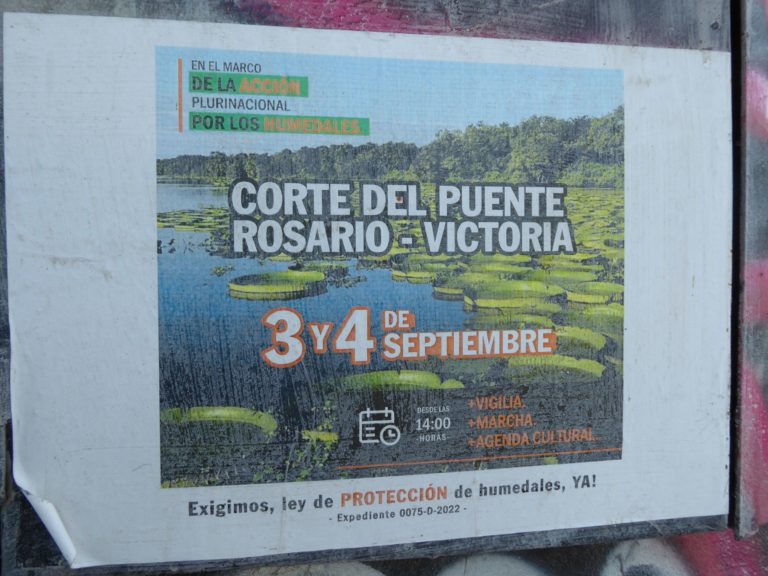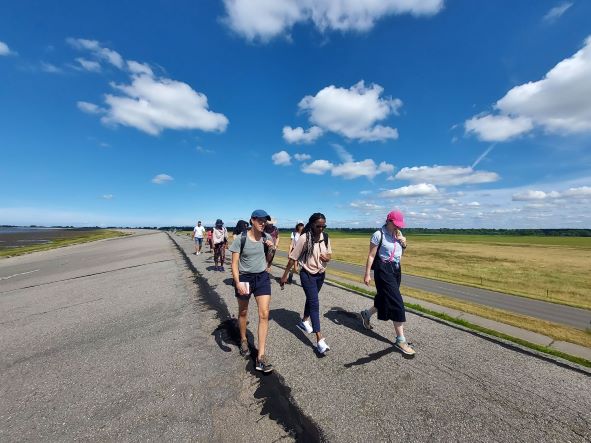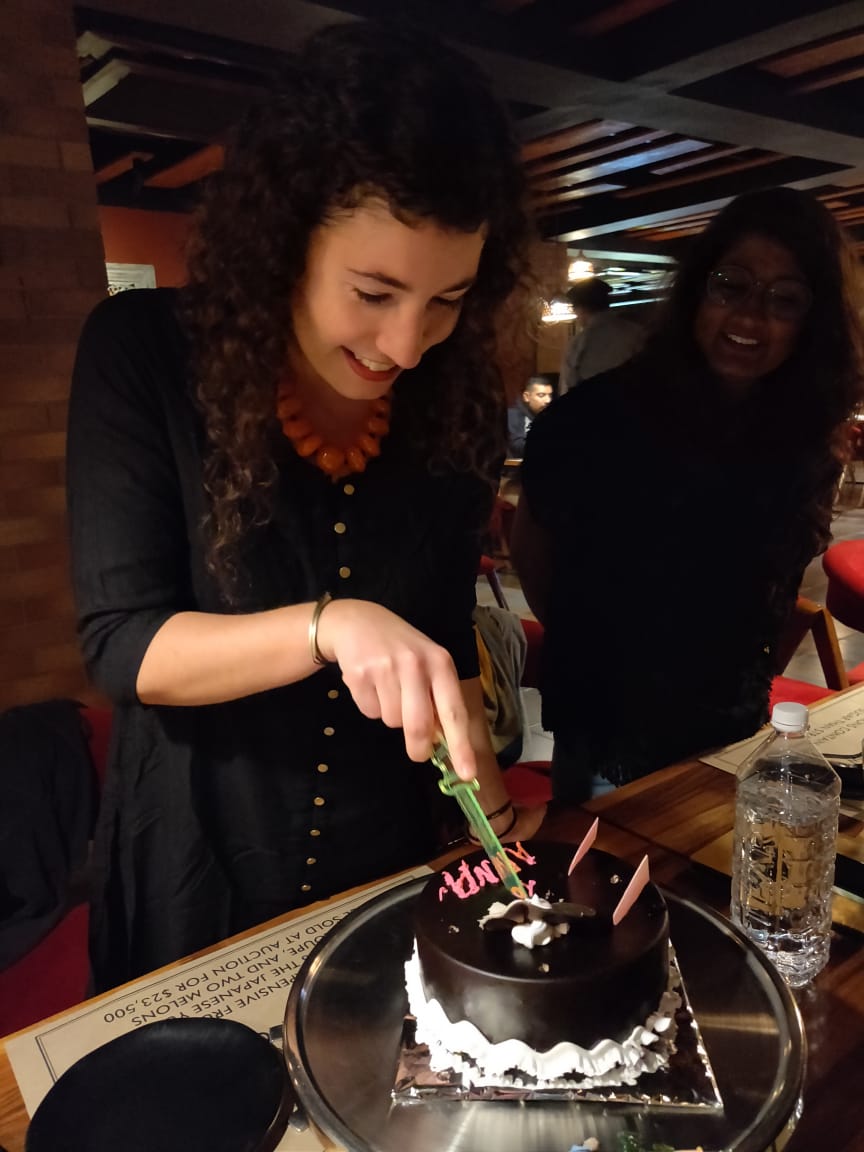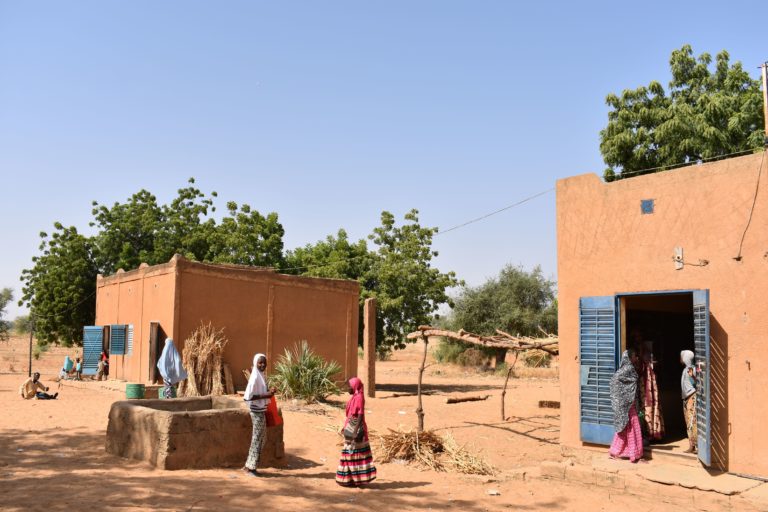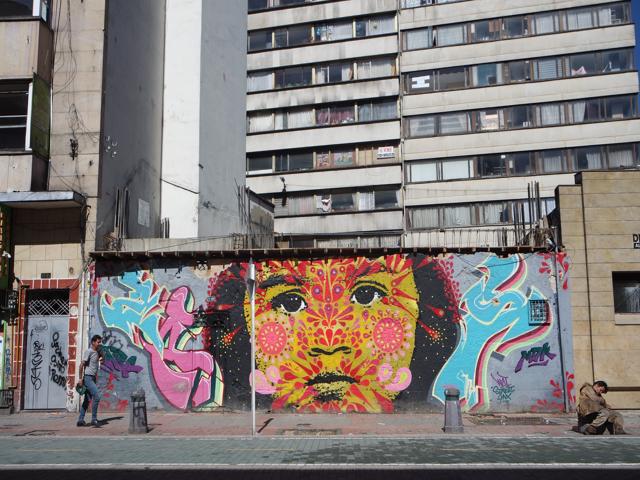Impressions and change of perspective: The 12th World Urban Forum in Cairo
Megacity Cairo hosted the 12th World Urban Forum on November 4-9, 2024. Eva Youkhana from ZEF was there and shares her insights in this blog.
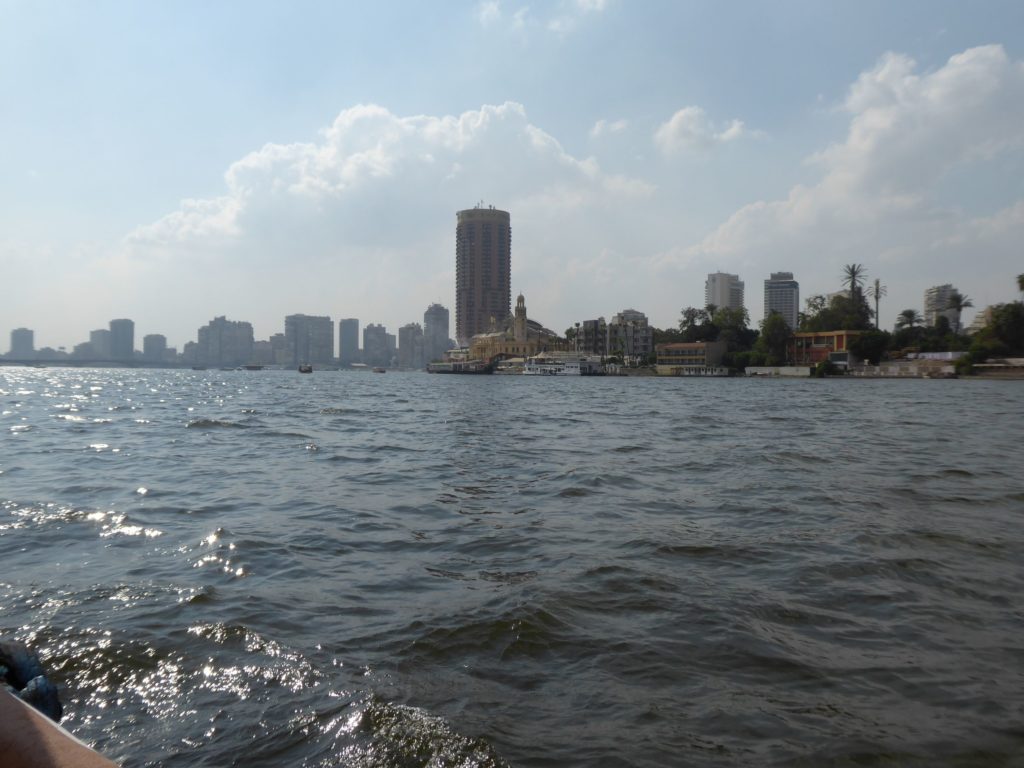
It is already dark when I arrive by plane at Cairo airport. The endless sea of lights is just as impressive as the polluted air in this megacity is unbearable. With a population of 22 million, the Cairo metropolitan area is not only the largest city in Egypt, but also the largest one in Africa and the twelfth largest metropolitan area in the world.
It is therefore the perfect place for the 12th World Urban Forum (WUF12), which was organized, hosted and funded by UN-Habitat and the Government of Egypt. Around 37,000 people from 180 countries attended the six-day event from November 4-9, 2024 on-site and online.
Global challenges for local cities
Urban areas around the world are facing perhaps the greatest challenges in history. The effects of climate change and the occurrence of extreme weather events, rising sea levels affecting coastal cities, air pollution and related health problems, migration of people displaced by war, conflict and the destruction of livelihoods are just some of the problems. Inadequate funding, lack of political will, and the complex management challenges of adapting infrastructure and providing adequate and decent housing pose seemingly insurmountable challenges to city and local governments. This affects large cities and metropolitan areas, but also, and in many ways, the myriad small and medium-sized towns that are overwhelmed by these challenges. Cairo is a sad example of many of these problems. There are hardly any green spaces or areas, exacerbating the already alarming air pollution.
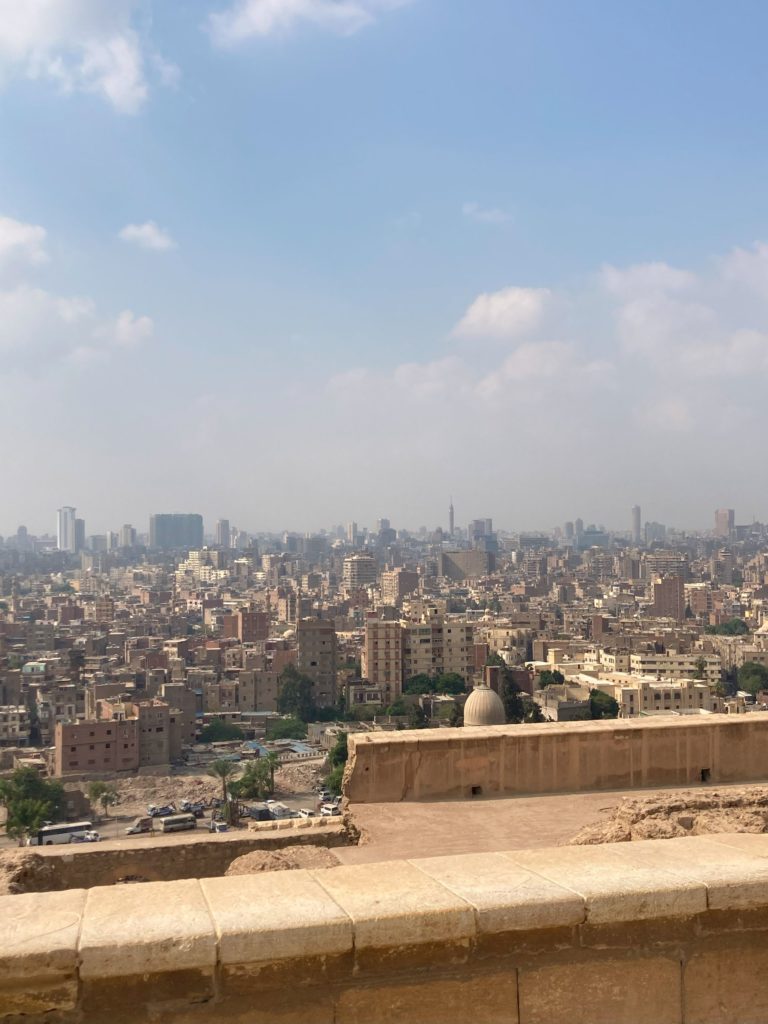
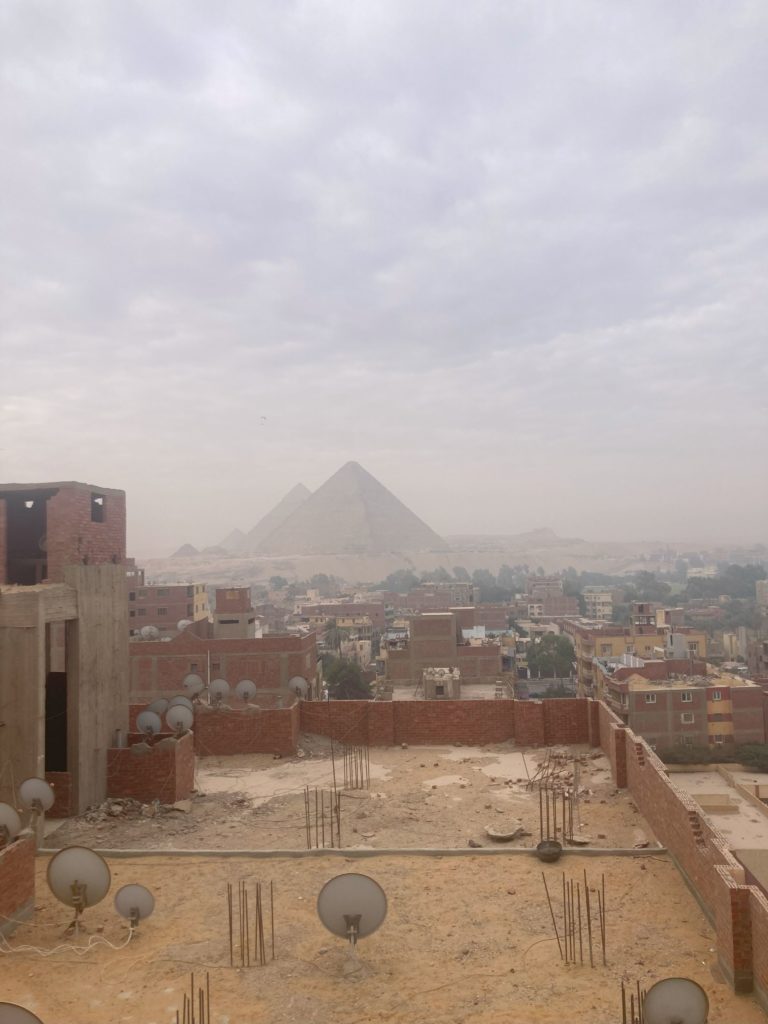
Guests, hosts and topics at the World Urban Forum
WUF12 covered all the major issues in urban development. The conference was held at the Egypt International Exposition Center (EIEC) in Nasr City, a district under construction in the middle of the desert just outside the Egyptian capital of Cairo. More than 37,000 experts from science and technology, government and administration, and the private sector met and exchanged ideas at numerous round-tables, lecture series, networking events, dialog forums, and country and city exhibitions. The organizers were extremely hospitable and generous. The entire event was free of charge, with additional offers of city tours and trips to hot-spots of urban renewal and greening projects. The international guests from Africa, Europe, Asia and Latin America were also well taken care of with information booths, simultaneous translation in at least 7 world languages (English, Chinese, French, Spanish, Russian, Arabic, Arabic Sign Language), good food and plenty of water.
It is impossible to give even a rudimentary overview of the content and the course of the discussions at the conference. Interested readers can visit the website https://wuf.unhabitat.org/wuf12. All panel discussions were recorded, background papers were made available, and numerous media representatives captured individual events with prominent participants on camera. The opening ceremony was impressive, with Annalena Rossbach, Secretary-General of UN-Habitat speaking live and Antonio Gutierrez connected from remote. Also present were the Egyptian President Abdel Fatah El Sisi, the Sudanese President Abdel Fatah Al-Bushan, the Chairman of the Presidential Council of Yemen and the Egyptian Prime Minister Mostafa Madbouly (without a speech of his own), the Mayor of The Hague and Executive President of the United Cities and Local Governments Jan van Zannen, and last but not least the President of the State of Palestine Mahmoud Abbas, who was greeted with thunderous applause by the approximately 6,000 audience members. This selection of very prominent speakers was a statement in itself. After all, in recent years Egypt has taken in millions of refugees from Palestine, Sudan, Libya and Syria and offered them a new home.
Palestine and the war on Gaza receive due space and attention
It is not surprising that Palestinian representatives were very present at WUF12. The wars in Gaza/Palestine and Lebanon have been driving the people of the region, barely 350 kilometers by air from Cairo, into death, flight and famine for over a year now. The conference gave survivors of the war the opportunity to speak about the atrocities in Gaza and the extent of the destruction in this densely populated region. With a booth in Hall 4, representatives of municipal administrations (mainly from the Palestinian West Bank) provided insightful information on the situation in Palestine and Gaza, also with an outlook on reconstruction scenarios.
There were many special events on Gaza: One focused on the wider region, discussing scenarios for rebuilding cities, homes and communities. Another dialog focused on the loss of home in the face of destruction, displacement and despair. Another networking event focused on rebuilding lives. These events, some of which were emotionally charged and left no one untouched, used strong language that named genocide and condemned ethnic cleansing. There was also a reading of poems by Mazen Ismail, a Palestinian/Lebanese poet who now lives in Belgium. The poems deal with the loss of home and survival in crises and wars.
Loss of home
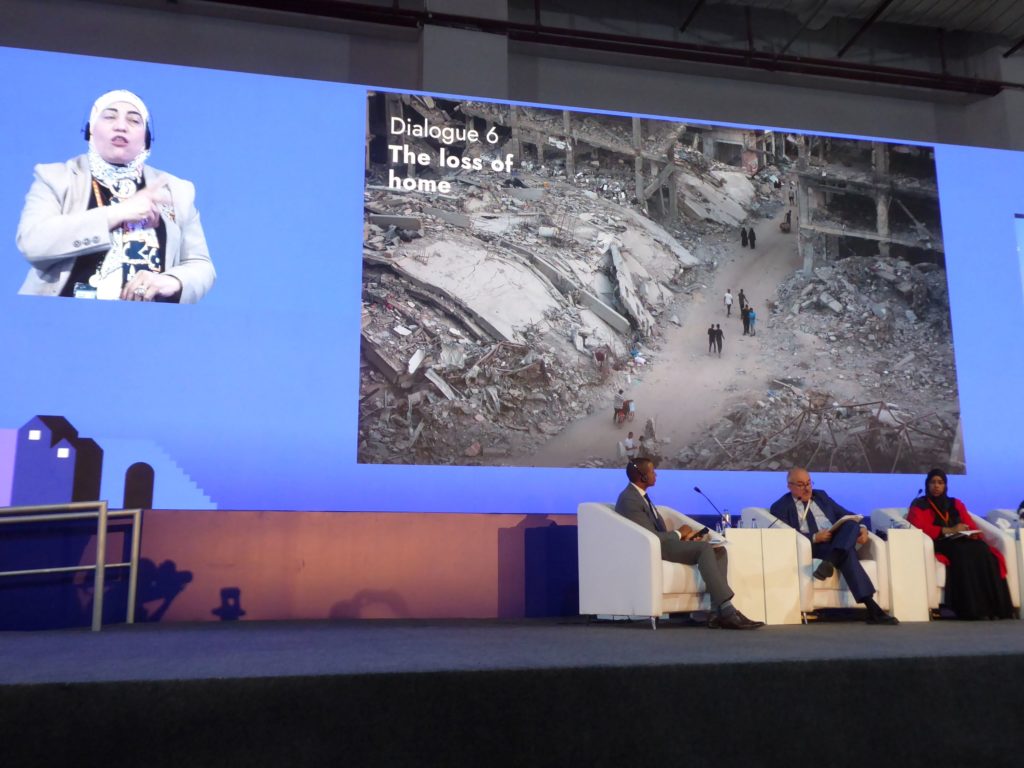
The topic of “The Loss of Home” was also discussed in depth. Survivors of the war in Ukraine spoke openly about the homicide in their war-torn cities. They expressed outrage at the Russian Federation’s stand at the conference, where Moscow was able to showcase its smart-city approaches and urban renewal efforts. Critical voices also came from civil society, such as Slum Dweller International (SDI) and the Hub for Housing Justice (HHJ), who were highlighting the importance of land tenure and access to land as crucial to the availability of housing.
Excursion to Asmarat
The visit to Asmarat, a suburb of Cairo where former slum dwellers were resettled in 2021, was remarkable. The more than 120,000 residents were relocated to 18,000 housing units to replace their old and precarious settlements in Old Cairo near the Coptic Quarter. In addition to the housing units, many projects and production sites have been created to provide education and income opportunities, especially for women and children. During our visit, many women were working on the production of various handicrafts. The project manager enthusiastically showed us the production sites. Some of it seemed staged, but it left an impression of the socio-economic commitment with which the government wants to address social and housing issues. The former settlement in Old Cairo has given way to a modernization project and is to be transformed into an attractive tourist leisure park in a historic setting. The entire area will be landscaped with greenery and water features. It is hard to imagine that the former inhabitants will find their way back here. If only because the journey from Asmarat would be exhausting and expensive. It remains to be seen whether the Asmarat model can be used to create real income and educational opportunities for former slum dwellers. At least the project manager expressed concern that it is extremely difficult to find a market for the handicrafts and thus create an alternative source of income for the women.
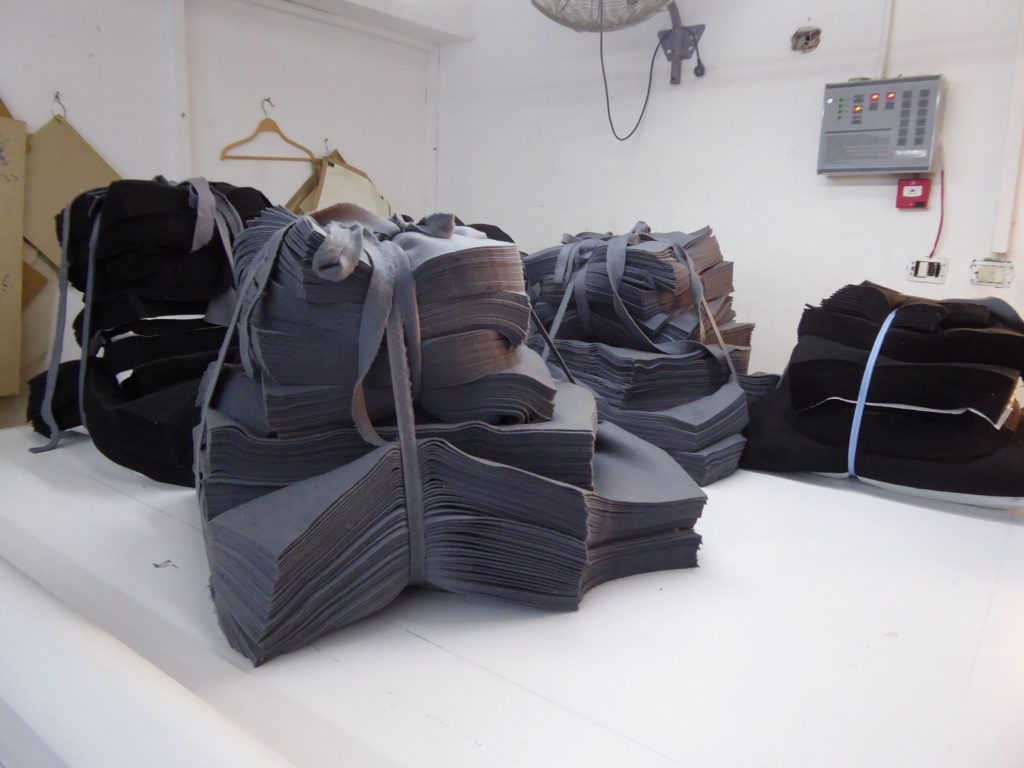
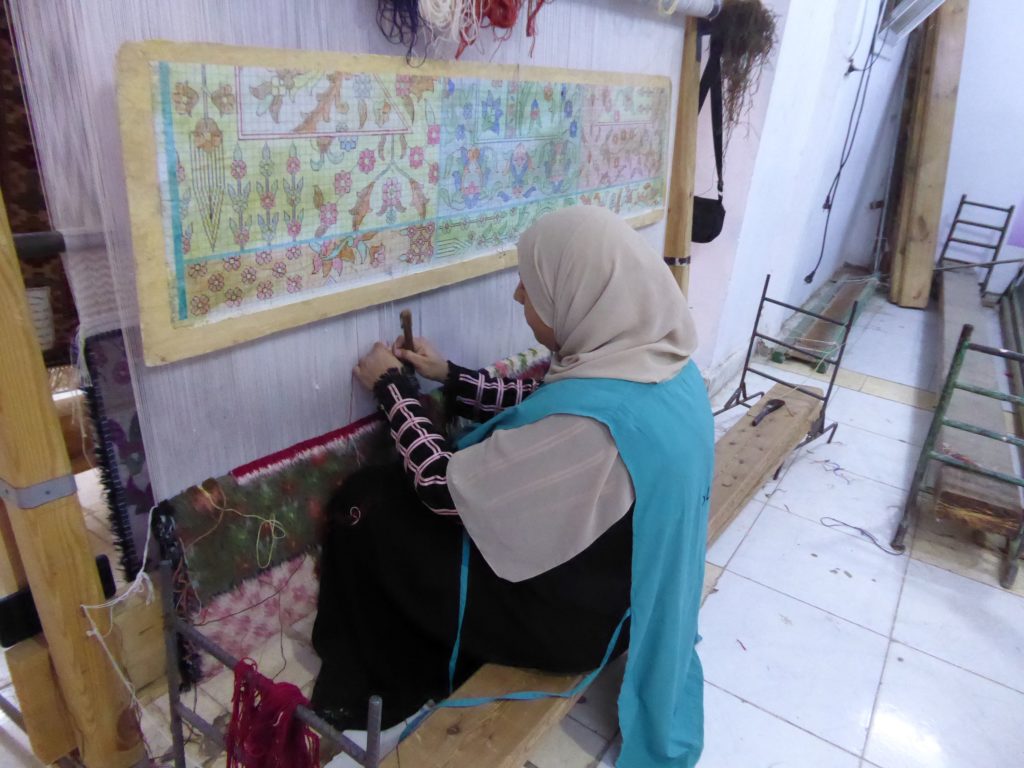
Outlook on future World Urban Fora
To another round of applause, Lorena Zarate of the Global Platform for the Right to the City was invited to the aforementioned networking event to give some final warnings. With the statement: “Something is going in the wrong direction here,” she begins her plea to address power and tenure relations more clearly. SDG11 (Sustainable Cities and Communities) is the sustainable development goal with the most significant backsliding. Today, 2.8 billion people live in inadequate housing or spend more than 50% of their net income on housing. As long as civic spaces continue to shrink, attacks on democracy persist, and the social question and growing inequalities in this world are not systematically addressed, all the good intentions and excellent solutions already available will lead nowhere. We shouldn’t meet at every upcoming WUF (the next will be in 2026 in Baku, Azerbaijan) to find that the situation has deteriorated again (www.hubforhousingjustice.org).
On my way back in the taxi through the dusty desert, whose cultural heritage sites make us breathless, I pass again the large advertising posters for the WUF. A lot of political propaganda accompanies our last impressions of a country that neither wants to be seen as a friend nor as an enemy, neither in the Middle East conflict nor in the war against Ukraine. So I are sent off with images of the Egyptian president shaking hands in friendly solidarity with Vladimir Putin and Xi Jinping. But we were also able to enjoy the hospitality of this country and this impressive event, which at least gave some space and justice to the critical urban issues of our time.
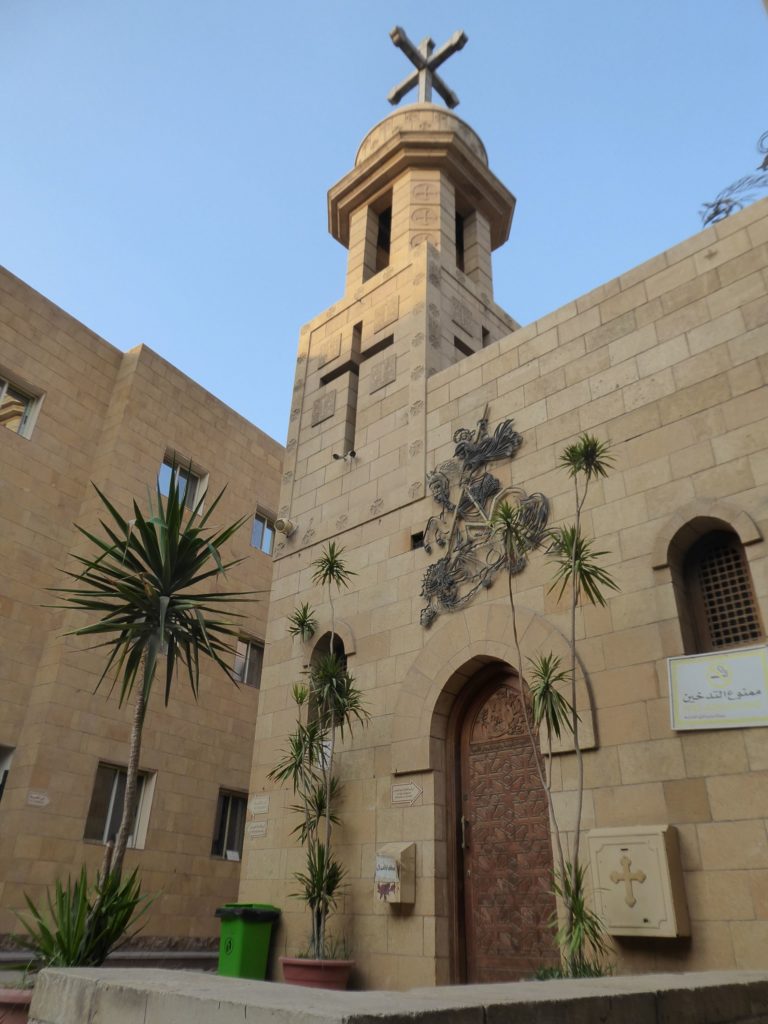
Dr. Eva Youkhana is leader of the Research Group Cultural and Political Change at ZEF and Privatdozent at the University of Bonn. During her research stay in Argentina (October 2022 – August 2023), Eva Youkhana has been working on the housing crisis in Latin America. Her related book will be published in a series of essays by the Center for Advanced Latin American Studies (CALAS) in early 2025.
(c) Photos in this post: Eva Youkhana and Ellen Youkhana
